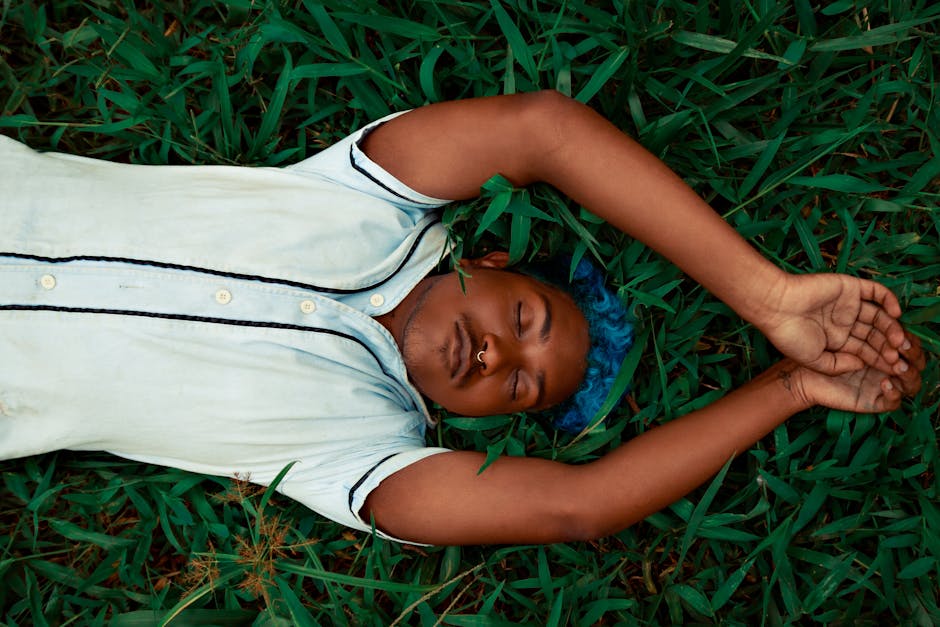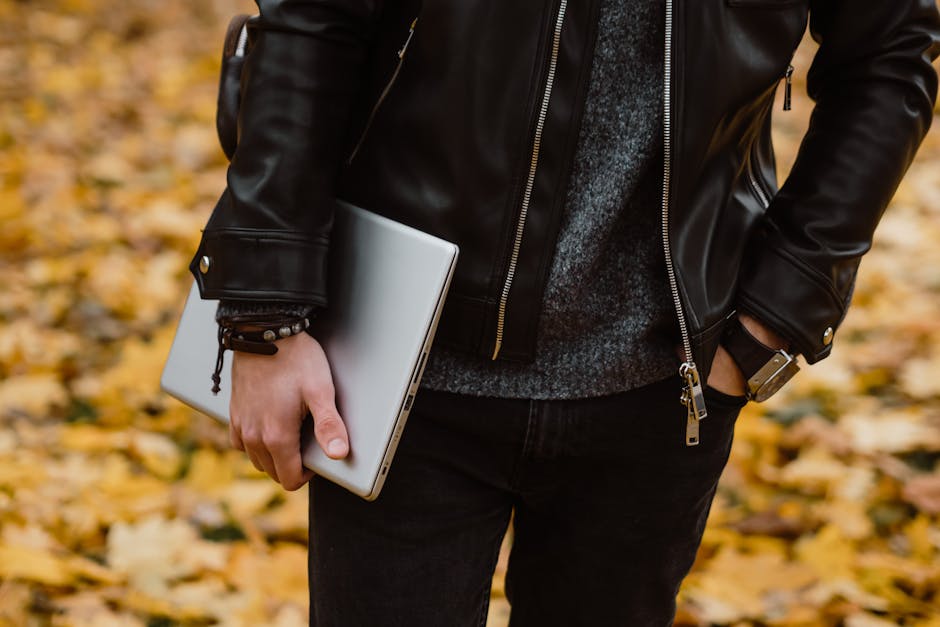The glow of the smartphone screen paints a familiar, ghostly blue on the ceiling. It’s 2 AM in Mumbai, or Bengaluru, or Delhi—the city doesn’t matter. What matters is the silence, the crushing weight of a mind that refuses to switch off. For a growing number of young people, this nightly battle against anxiety, ambition, and the endless scroll doesn’t end with a glass of warm milk. It ends with a puff, a pill, or a peg.
The statement is provocative, but it points to a troubling truth simmering in the bedrooms of Gen Z and young millennials: self-medication is becoming the new lullaby.
The New Lullaby: From Cannabis to Prescription Pills
What does “getting high” even mean in this context? It’s a broad spectrum. For some, it’s rolling a joint, relying on the sedative effects of cannabis to quiet the mental chatter. It’s often seen as a ‘natural’, plant-based remedy far removed from the harsh chemicals of pharmaceuticals.
For others, it’s the allure of a sleeping pill, perhaps borrowed from a parent’s cabinet, or a Xanax scored from a dubious online pharmacy. And for many, it’s the age-old crutch of alcohol—a “nightcap” of whiskey or wine that promises to blur the sharp edges of the day.
Why Are Young People Turning to Substances for Sleep?
This has become the go-to solution for a generation that is, by all accounts, more aware of health and wellness than any before it. The answer lies in the unique pressures facing modern youth. They are the ‘Hustle Generation,’ juggling the immense stress of competitive exams, the precariousness of the gig economy, and the relentless demand for a picture-perfect life curated on Instagram.
The lines between work and personal life have evaporated, and the fear of missing out (FOMO) has been replaced by the fear of not doing enough.
Anxiety has become the background score to their lives. When the distractions of the day fade, this anxiety roars to the forefront. Sleep, which should be a refuge, becomes another performance metric they feel they are failing at.
The Vicious Cycle: How Self-Medication Worsens Sleep
The problem with using a substance as a sleep switch is that it’s a deal with the devil. While cannabis or alcohol might induce drowsiness, they disrupt the natural sleep cycle, particularly the crucial REM stage responsible for memory consolidation and emotional regulation.
The result? Waking up groggy, feeling unrested, and even more anxious about the coming day. This creates a vicious cycle that demands a repeat performance the next night, perhaps with a slightly higher dose to achieve the same effect.
A Culture of Silence: Mental Health Stigma vs. Easy Access
This trend is also fuelled by a stark paradox. Many societies still stigmatise mental health discussions, making a visit to a therapist a far more daunting prospect than a call to a dealer. It’s easier for a 22-year-old to admit to their friends that they smoke weed to sleep than to tell their parents they are struggling with crippling anxiety. The substance becomes a silent, non-judgmental confidant.
Beyond the Crutch: Finding Healthier Ways to Sleep
The solution isn’t just wagging a finger at the youth. It’s about addressing the root cause: the sleeplessness itself and the anxiety that fuels it. We need to foster a culture where it’s okay to not be okay. This involves:
- Destigmatising Mental Healthcare: Making therapy and professional counselling accessible, affordable, and as normal as going to a doctor for a fever.
- Promoting Digital & Sleep Hygiene: Encouraging conscious disconnection from screens an hour before bed and building relaxing routines that signal to the brain it’s time to rest.
- Encouraging Open Conversations: Creating safe spaces where parents, educators, and peers can allow young people to talk about pressure without fear of judgment or dismissal.
The trend of using substances for sleep is not a sign of a generation’s moral failing. It’s a symptom of a society that demands too much and listens too little. Before we condemn the crutch, we must first understand the weight it is trying to bear. The real epidemic isn’t just substance use; it’s the silent scream of anxiety that precedes it.




